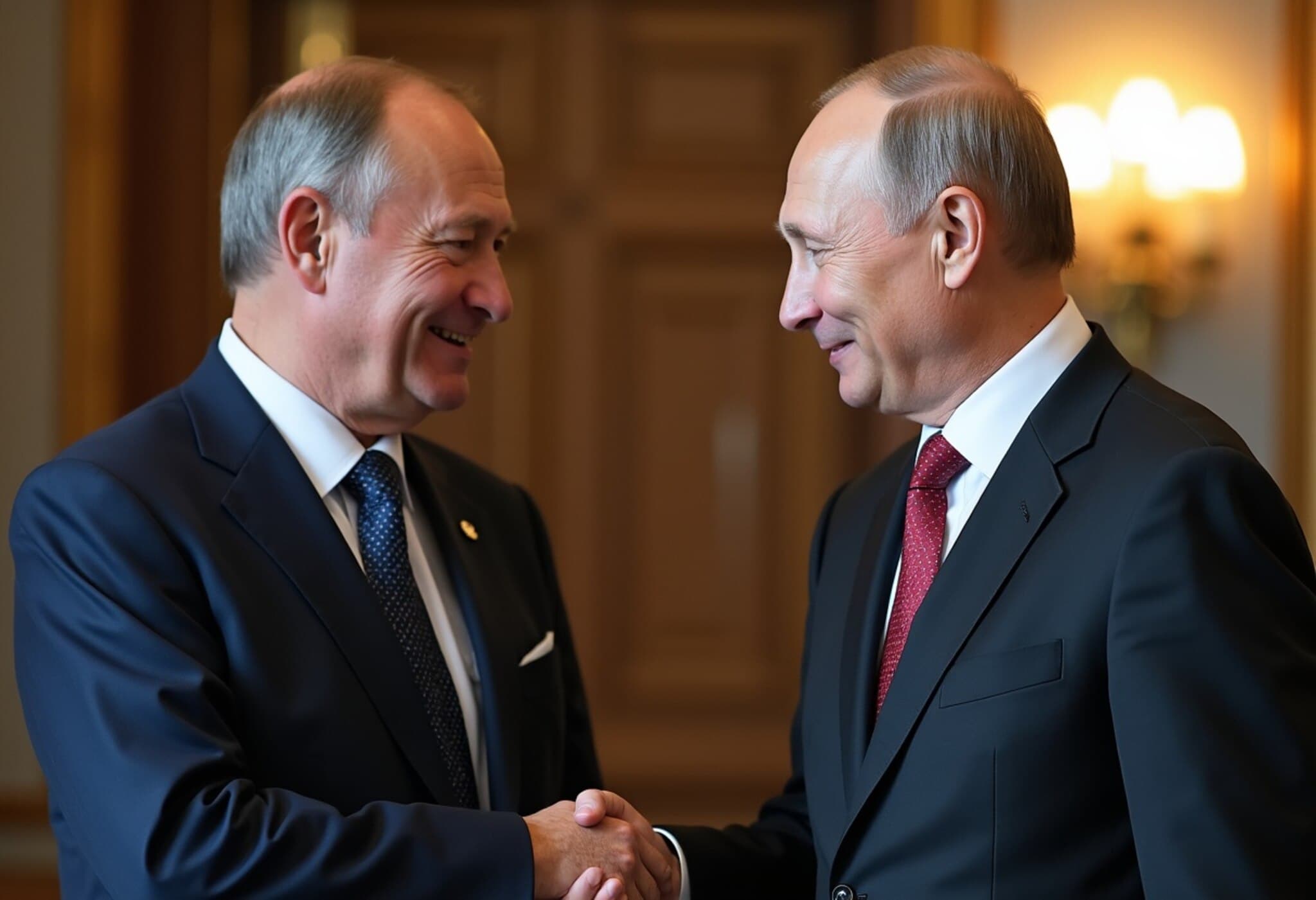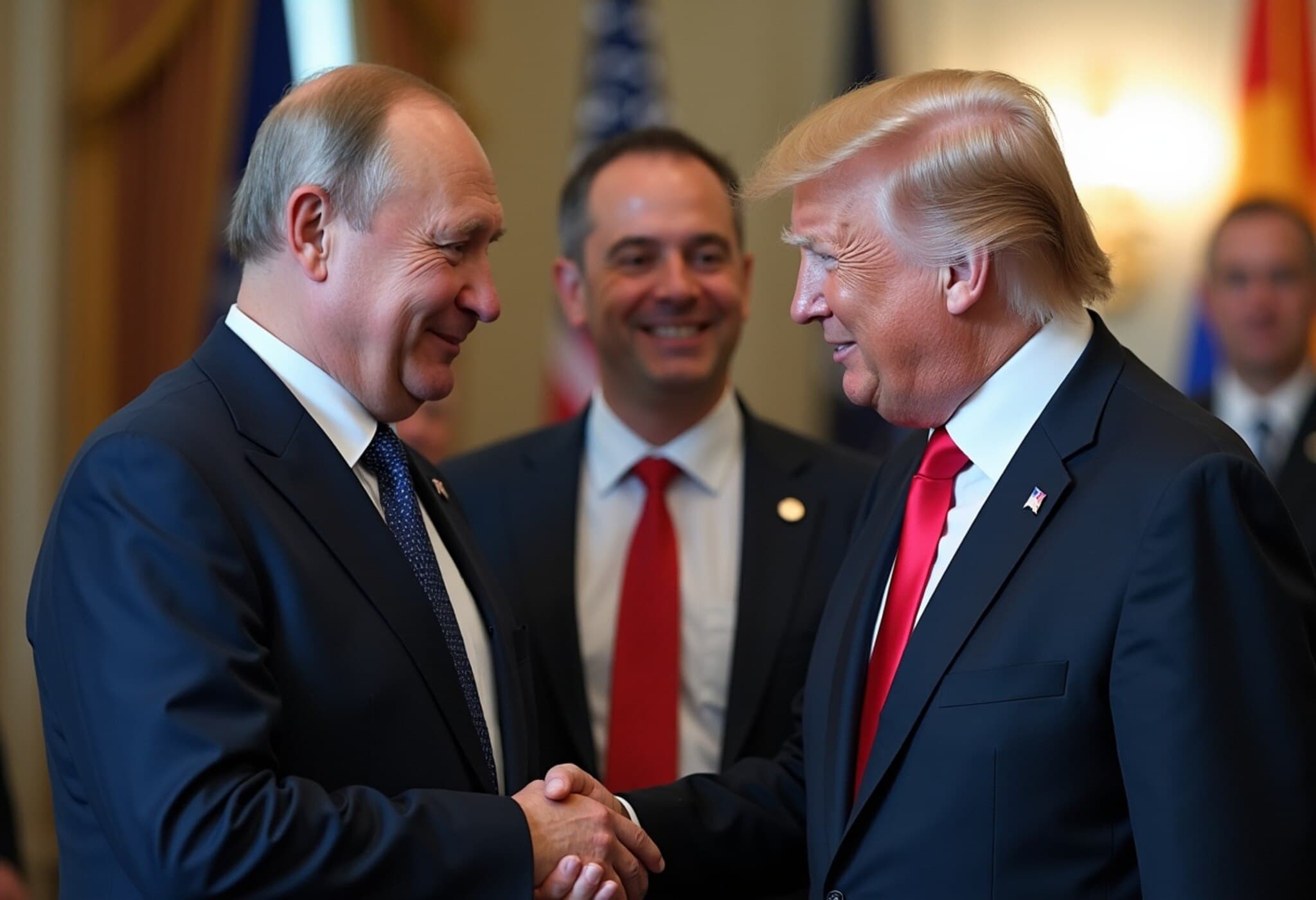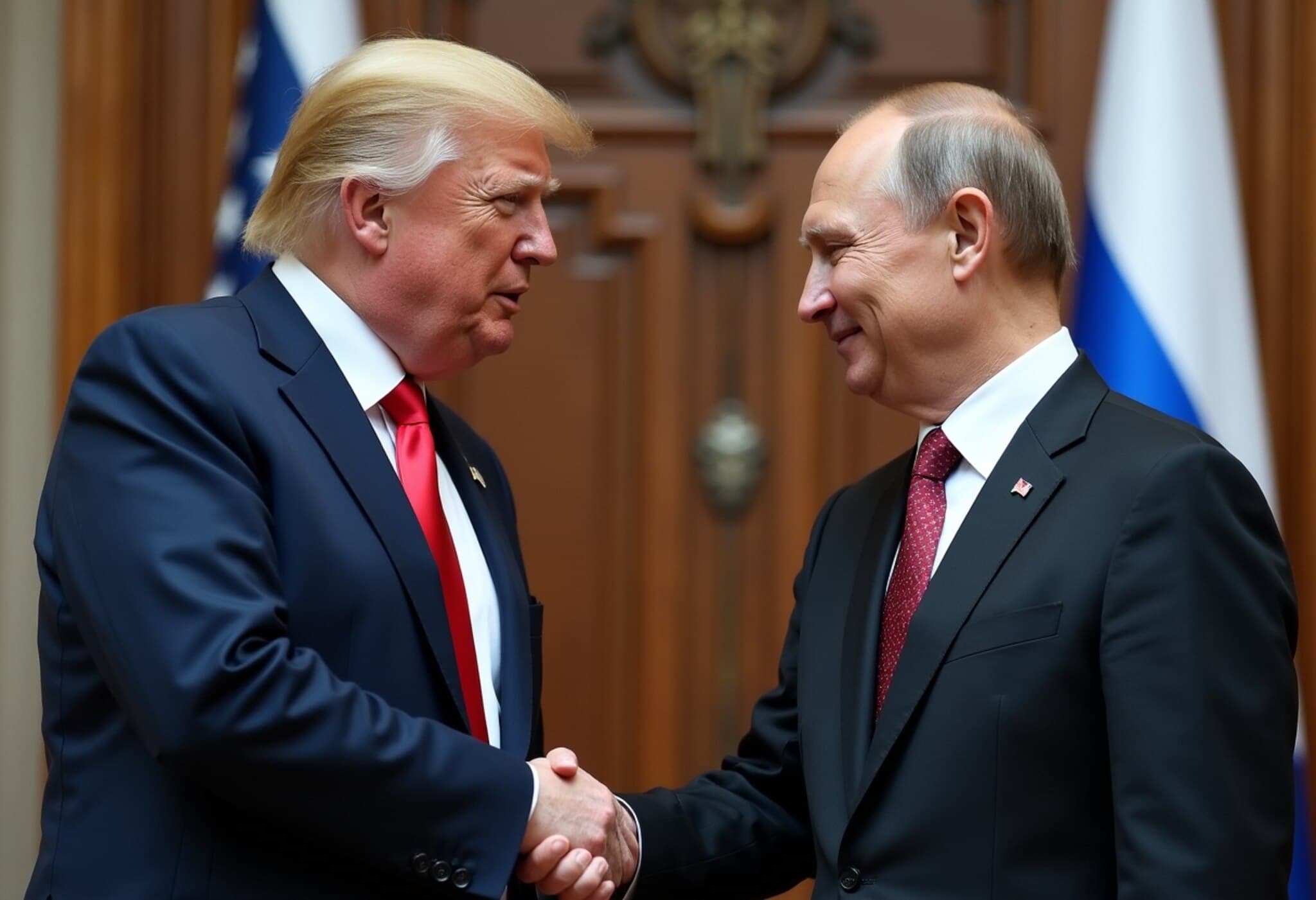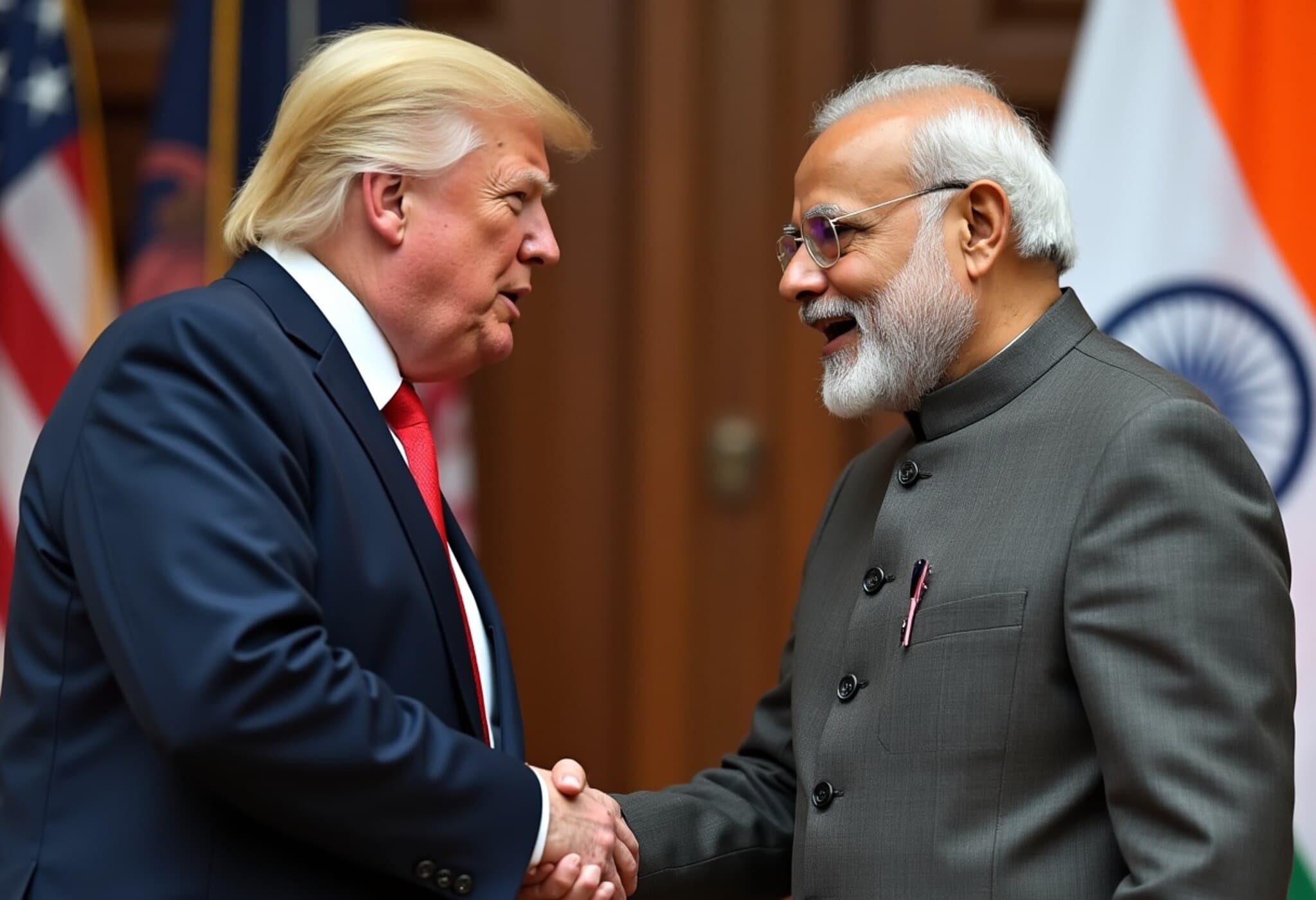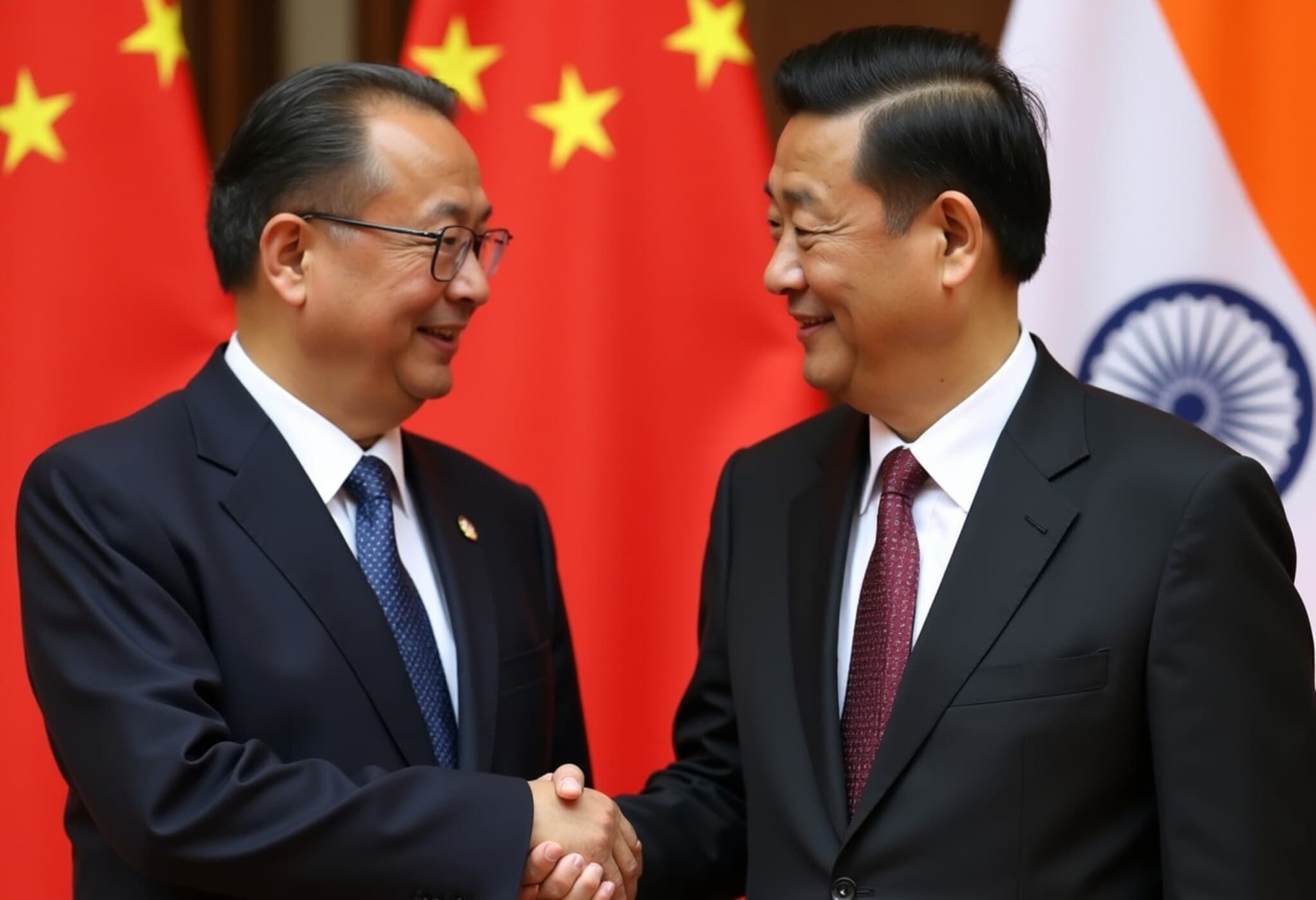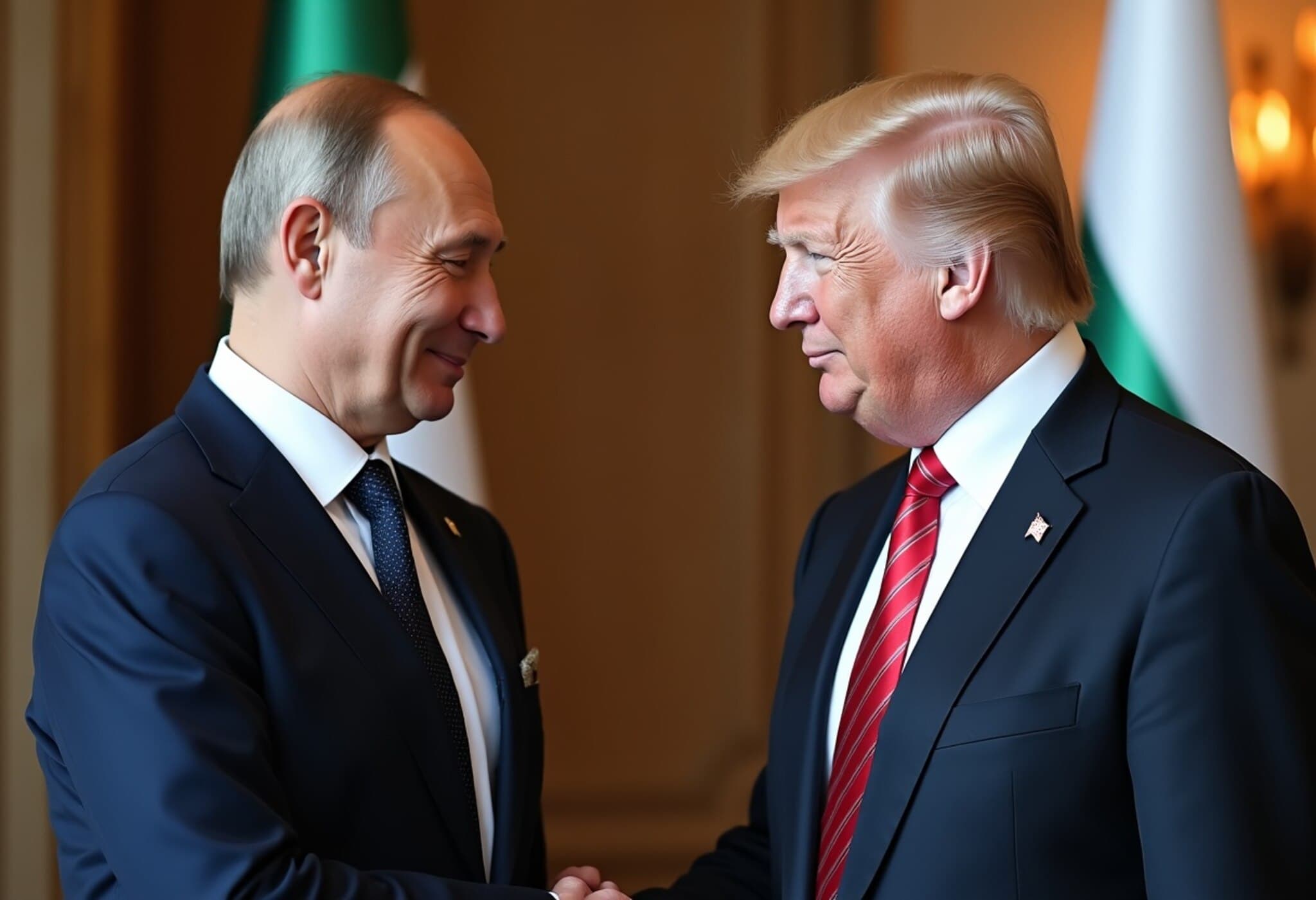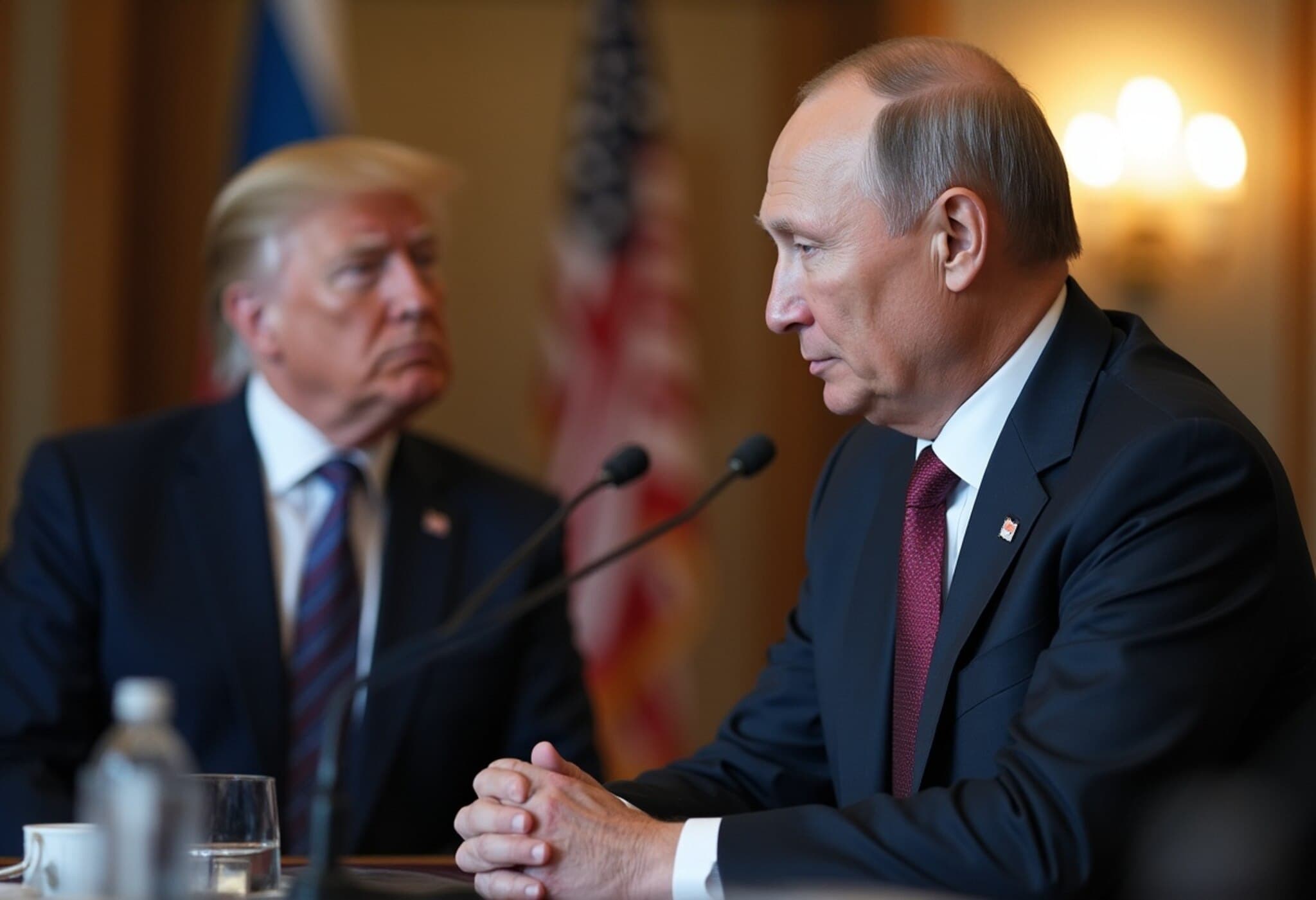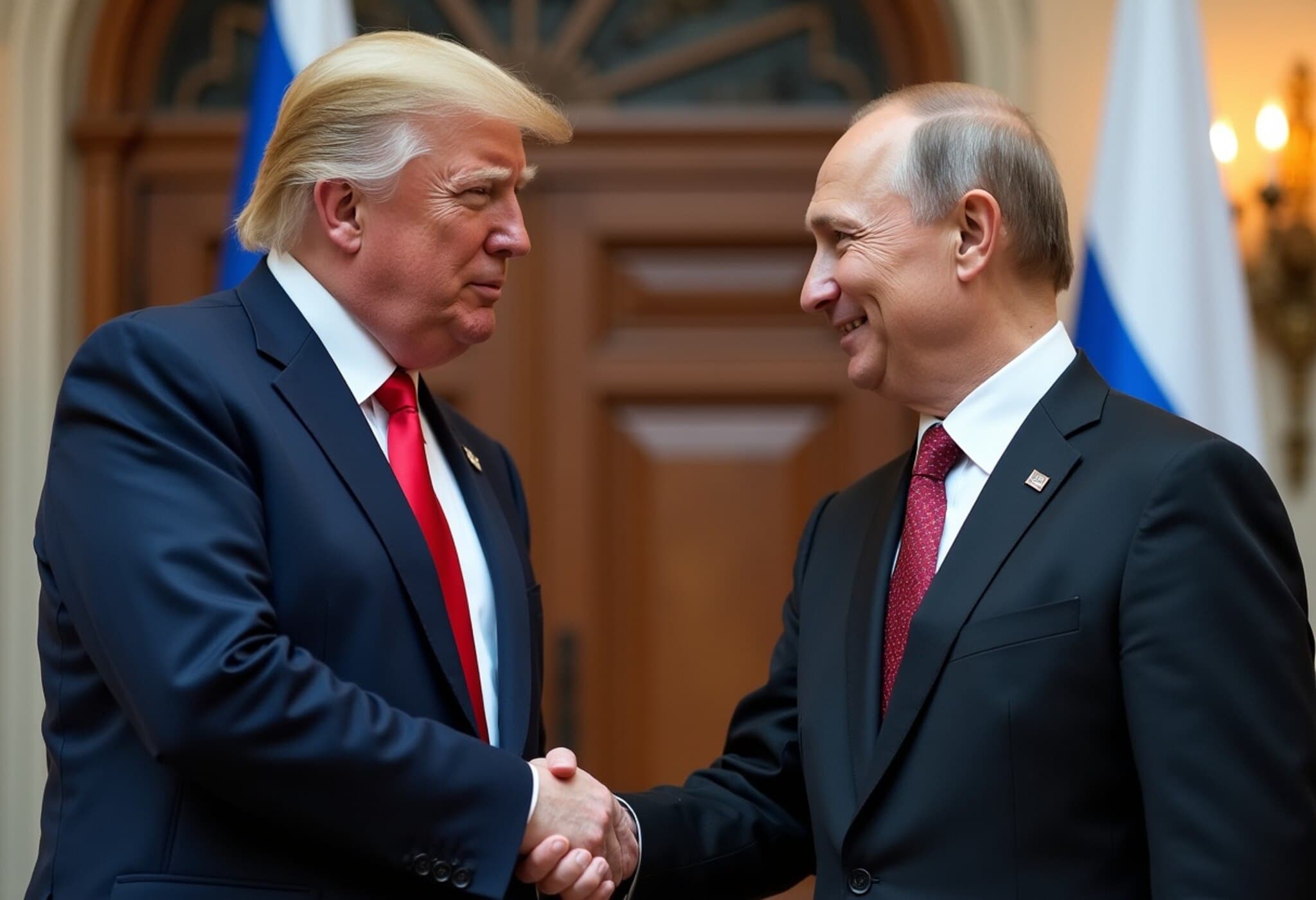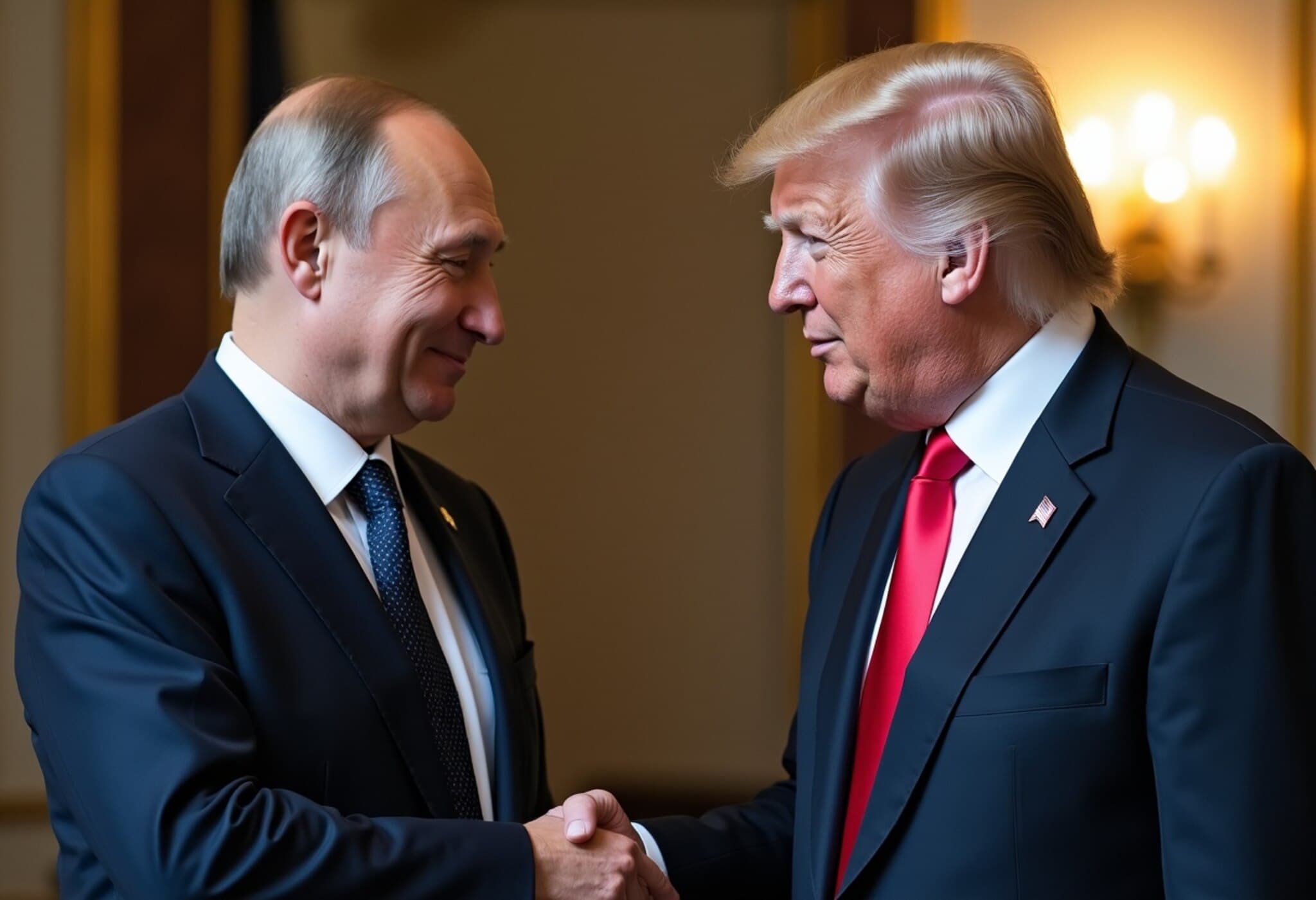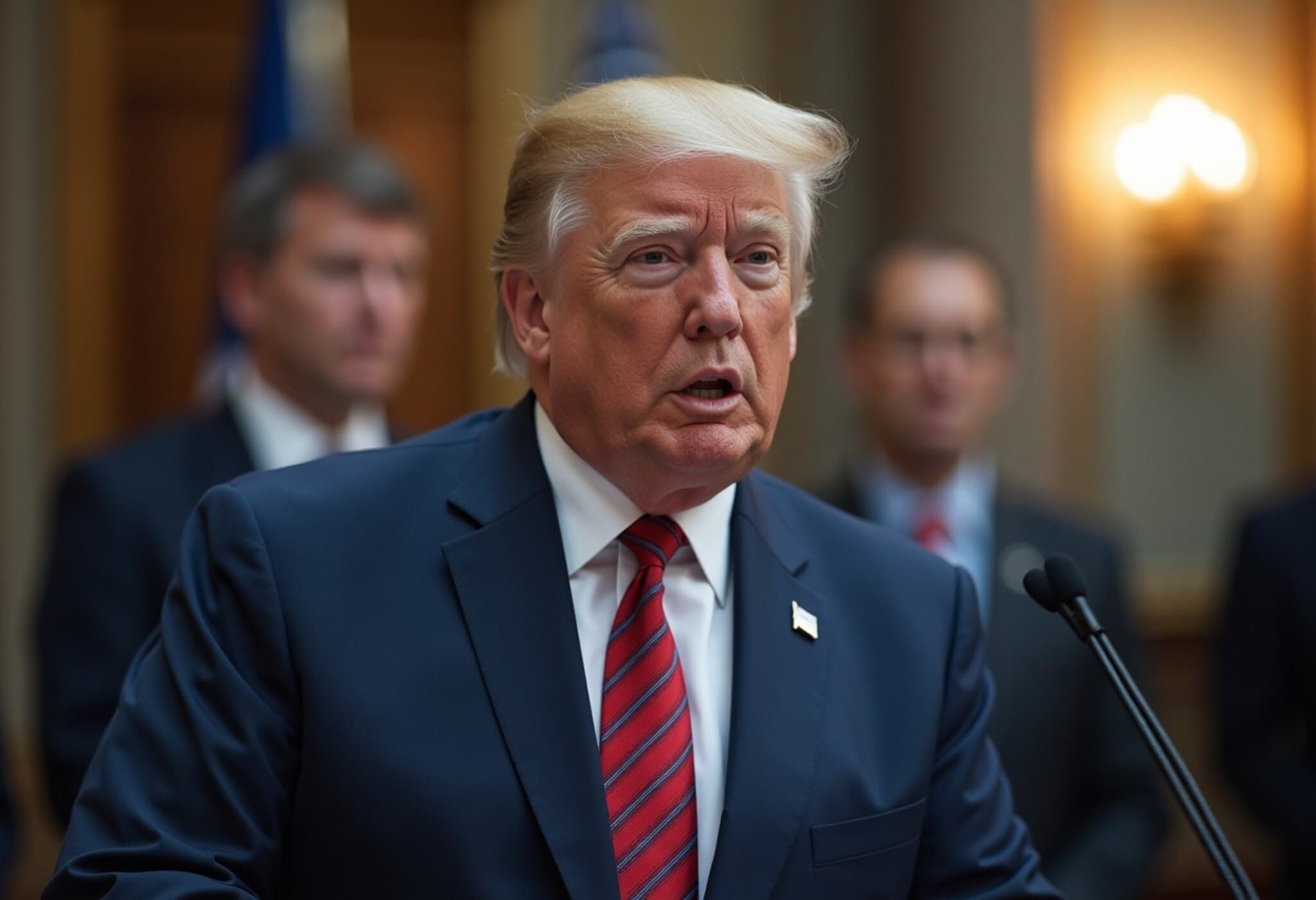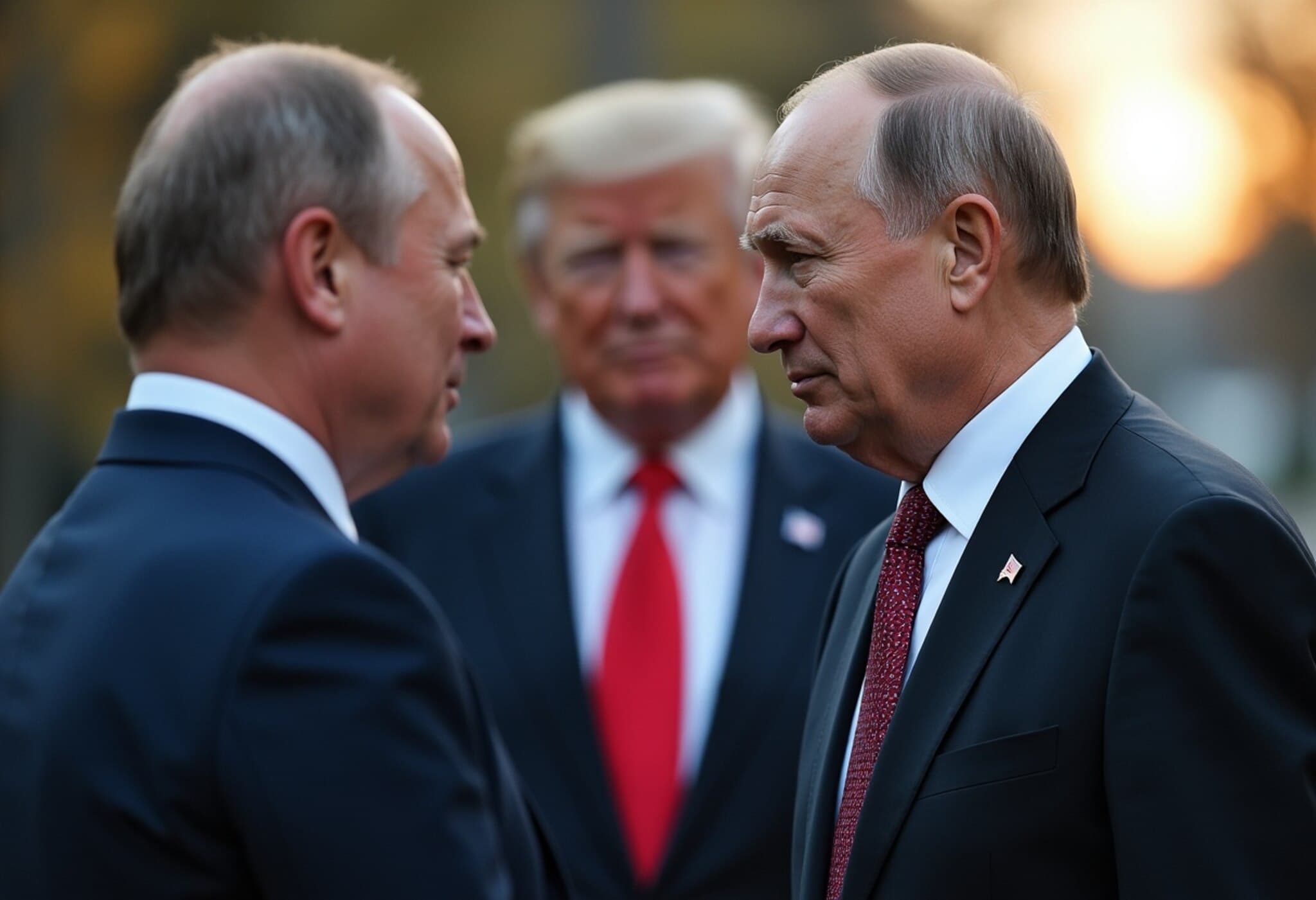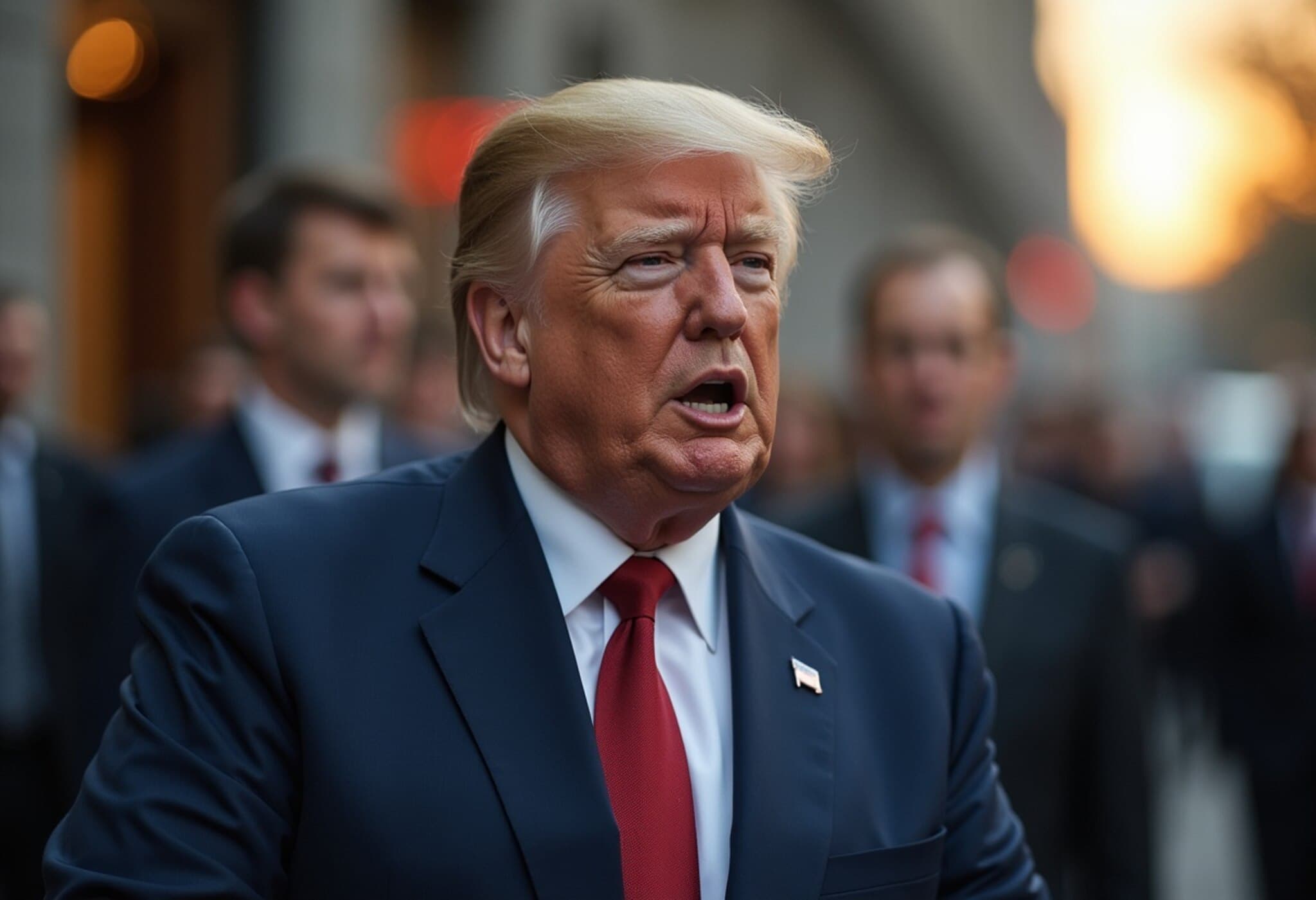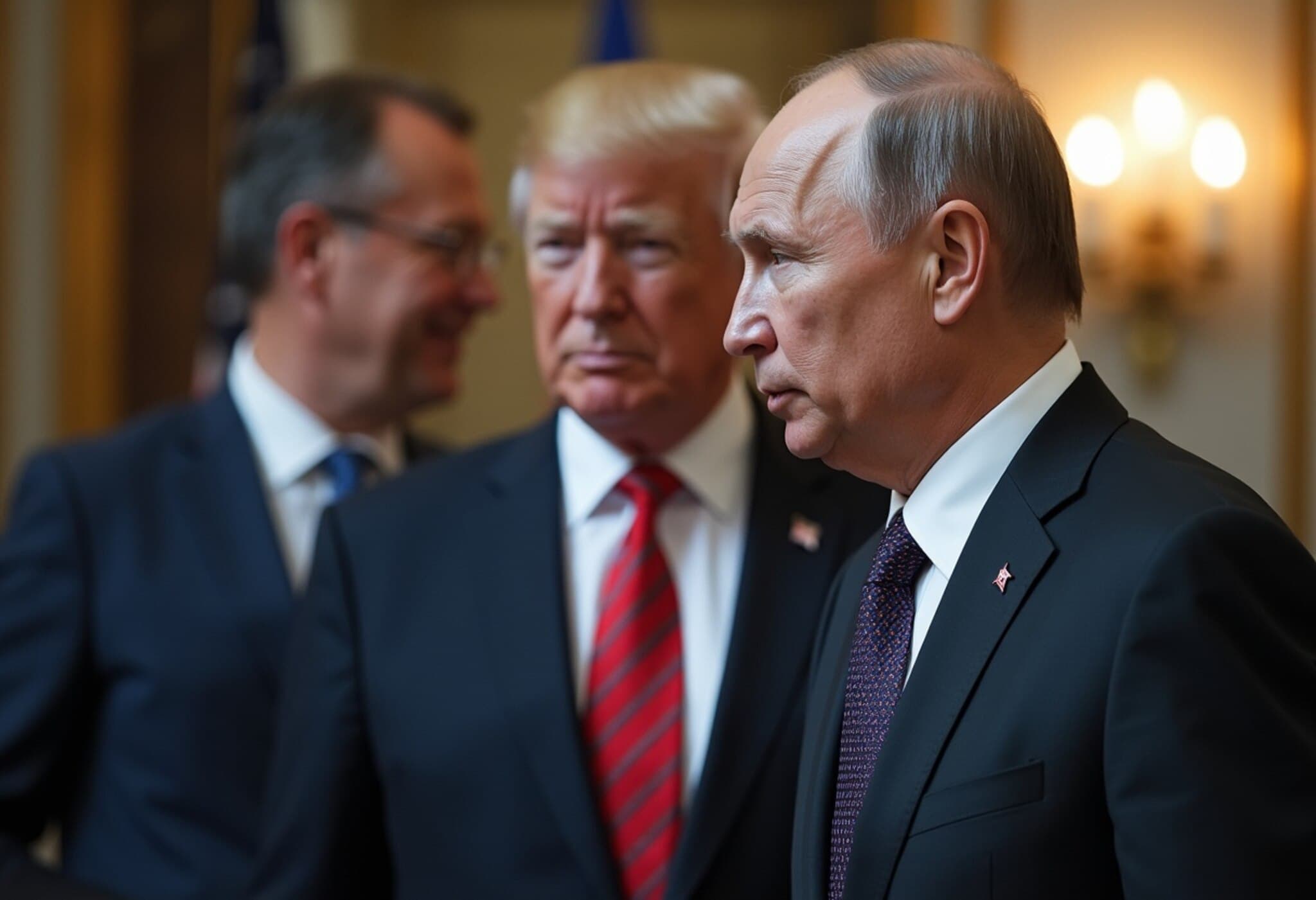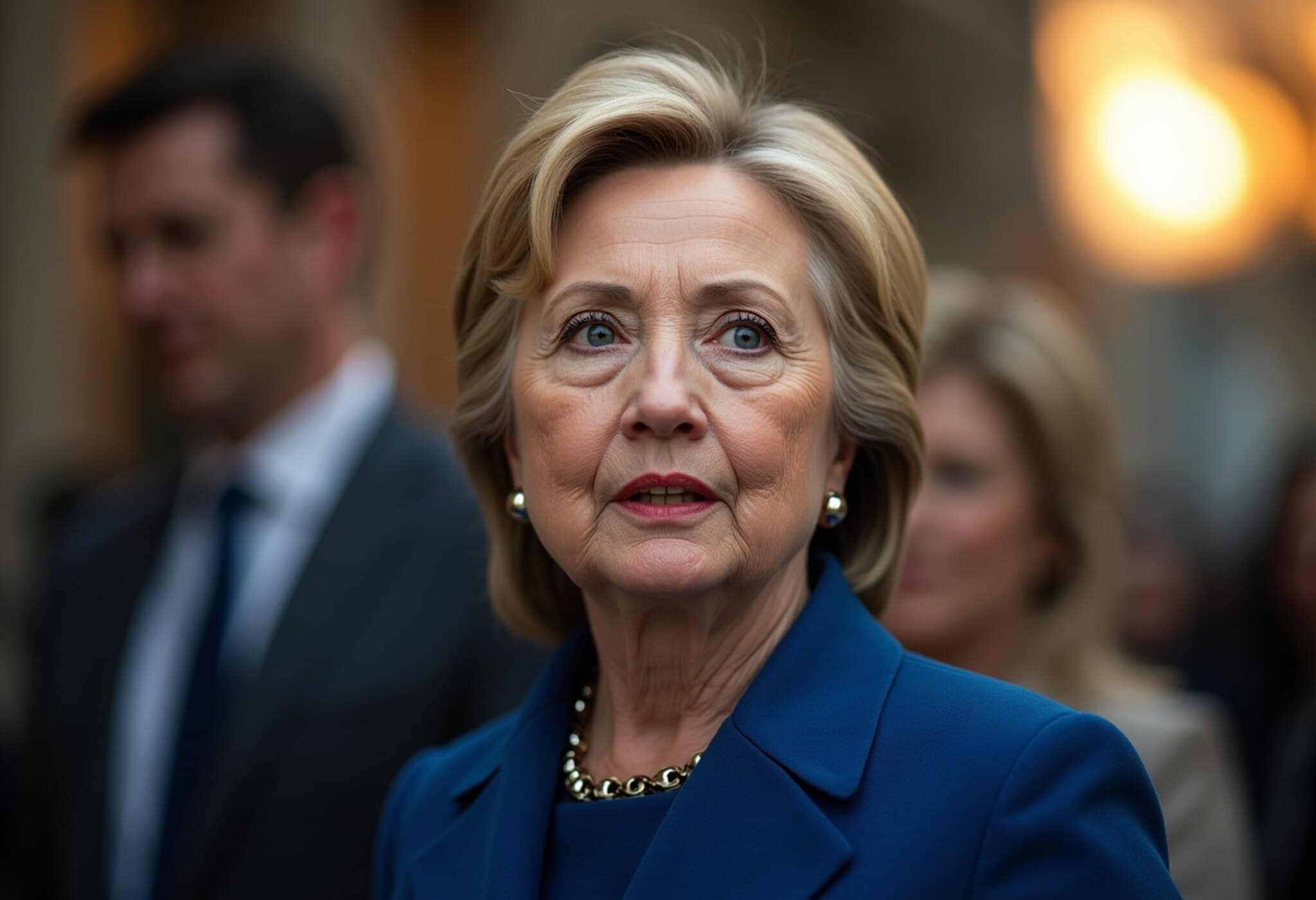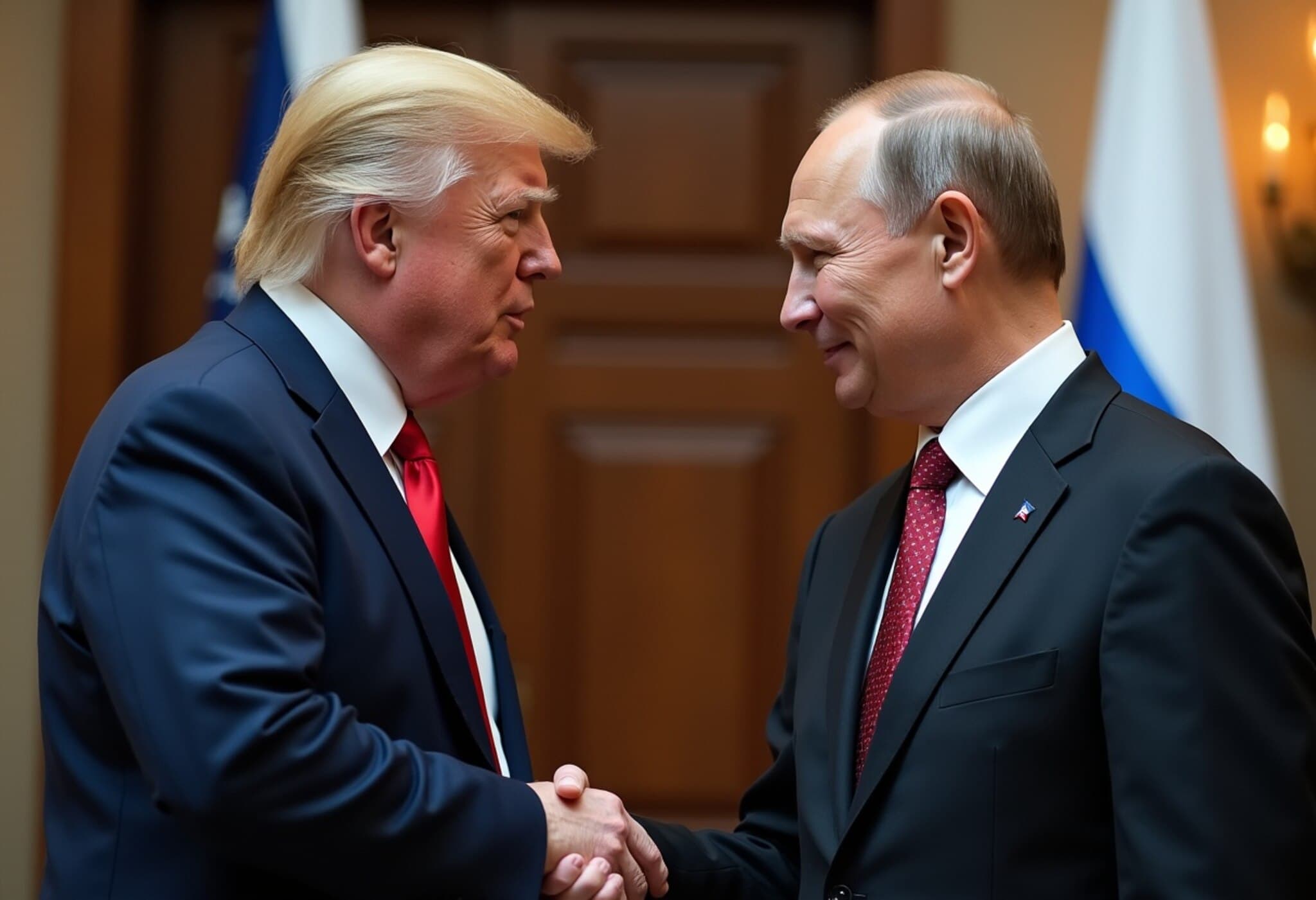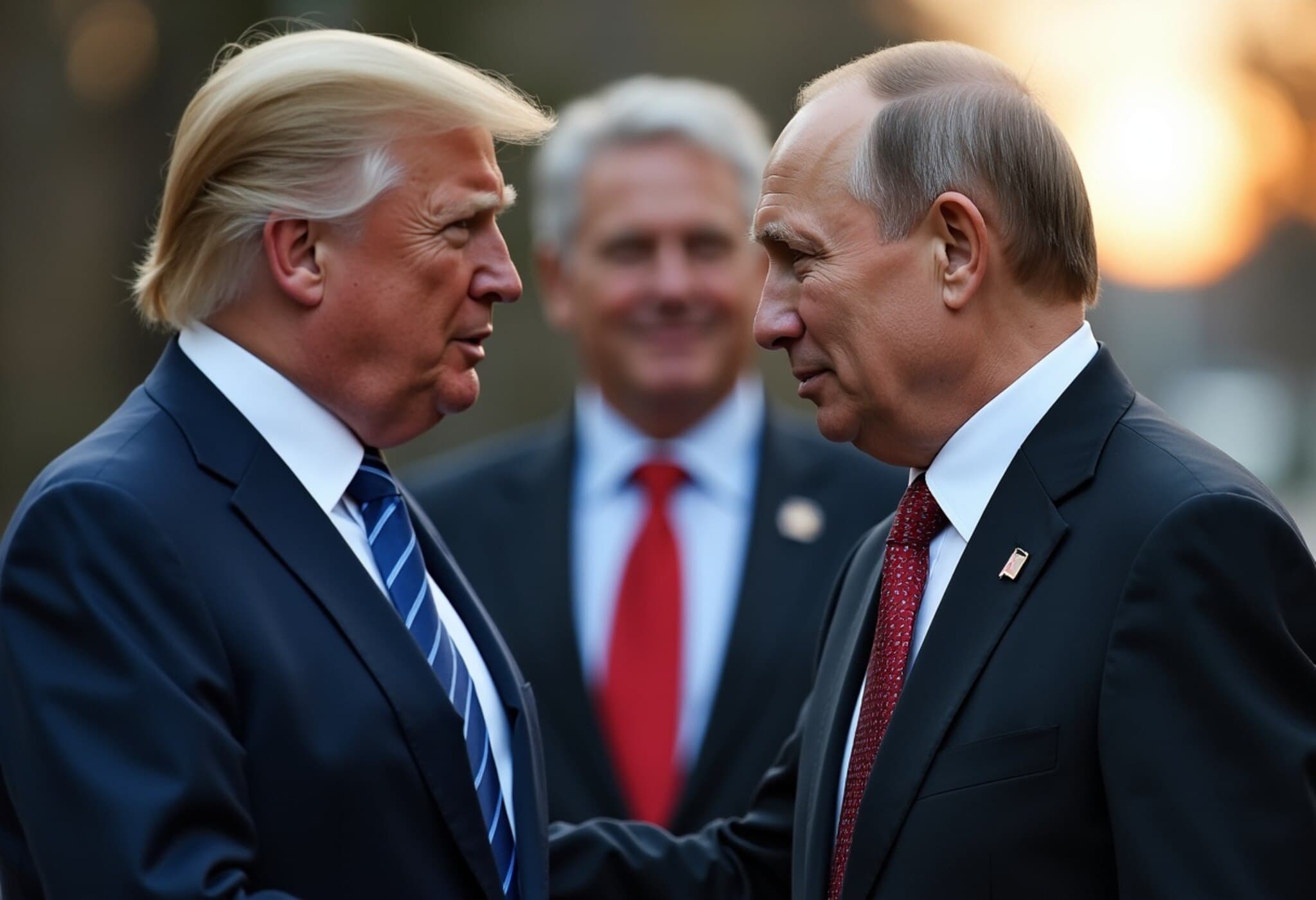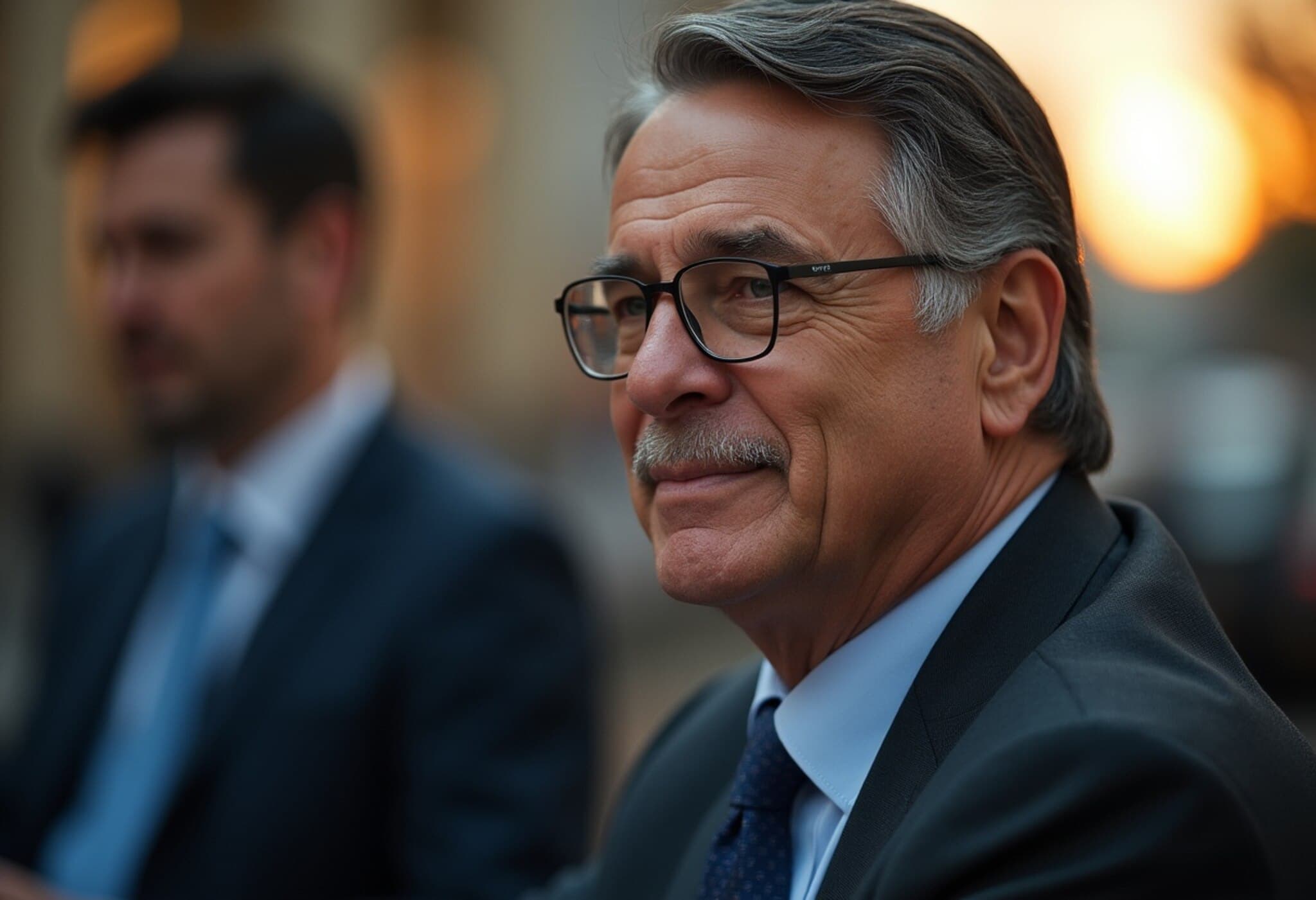US-Russia Diplomacy: A Three-Hour Meeting at the Kremlin
In a pivotal moment amid ongoing efforts to resolve the Ukraine conflict, US Special Envoy Steve Witkoff held an extensive three-hour discussion with Russian President Vladimir Putin at the Kremlin on Wednesday. This diplomatic engagement arrives just days before a critical deadline set by US President Donald Trump, demanding peace talks prove fruitful or face the activation of new sanctions against Russia.
Trump’s Optimistic Outlook and Strategic Pressure
Donald Trump, sharing his perspective on the social media platform Truth Social, described Witkoff’s meeting as "highly productive," suggesting tangible progress was made towards de-escalation. He emphasized the collective urgency by noting, “Everyone agrees this war must come to a close,” following his midweek update to European allies.
Despite the optimistic tone, the Kremlin has remained officially silent about any concrete agreements resulting from the talks. Meanwhile, Washington maintains a firm stance that sanctions against Russia's trading partners—including major players like India and China—remain a looming threat, reflecting Trump's frustration over what he perceives as sluggish advancements toward peace in this now three-year-old conflict.
Geopolitical Nuances and Underreported Dynamics
Beyond the headlines, nuanced discussions around a possible temporary truce in air strikes have emerged. Reports by Bloomberg and the Russian outlet The Bell indicate that Moscow might consider freezing aerial bombardments in a bid to foster goodwill. Belarusian President Alexander Lukashenko has also reportedly advocated for such a ceasefire proposal in private talks with Putin.
This is notable given the recent uptick in Russian air raids, including devastating strikes in Kyiv that claimed at least 72 lives. These attacks have drawn international condemnation, with Trump himself denouncing them last week as "disgusting." Such a backdrop adds layers of tension and urgency to the ongoing diplomatic maneuvers.
Insights from Ukrainian Leadership
Ukrainian President Volodymyr Zelenskyy confirmed having a conversation with Trump following the envoy’s Moscow visit, signaling continued dialogue at multiple levels. However, Zelenskyy remains cautious, emphasizing that any stepping stones toward peace must include Ukraine's sovereignty and territorial integrity as non-negotiable pillars.
Expert Commentary: The Stakes for US Foreign Policy
This diplomatic episode unfolds in a complex international environment where great power rivalries, economic sanctions, and global alliances intertwine. For the United States, the challenge lies in balancing pressure on Russia with maintaining alliance cohesion, particularly with countries reluctant to sever trade ties with Moscow.
Moreover, Trump's public warning to impose high tariffs on nations trading with Russia introduces a new economic dimension to the conflict, one that could reshape global supply chains and diplomatic alignments. Analysts caution that such measures risk alienating key partners, potentially complicating efforts to isolate Russia while striving for a negotiated settlement.
Looking Ahead: Questions and Uncertainties
- Will the Kremlin’s silence translate into pre-negotiation positioning, or an impasse?
- How will new or intensified sanctions impact Russia’s economy and its international relationships, especially with emerging powers?
- Can a temporary airstrike truce gain durable traction amid escalating violence?
- What role might other regional actors, such as Belarus, play in brokering or influencing peace efforts?
As this diplomatic chapter unfolds, the strategic calculus for both Washington and Moscow remains fraught with uncertainty, underscoring the delicate balance of power, peace ambitions, and geopolitical interests at play.
Editor’s Note:
The meeting between US envoy Steve Witkoff and President Putin signals a cautious opening in a protracted conflict that continues to inflict profound human and geopolitical costs. While optimism is tentatively expressed, the absence of definitive outcomes and the persistent threat of sanctions reflect the intricate dance of diplomacy under duress. Readers should watch closely how economic pressures, alliance dynamics, and realpolitik shape the next phase of US-Russia interactions, particularly given the broad regional implications and the ongoing humanitarian toll in Ukraine.

